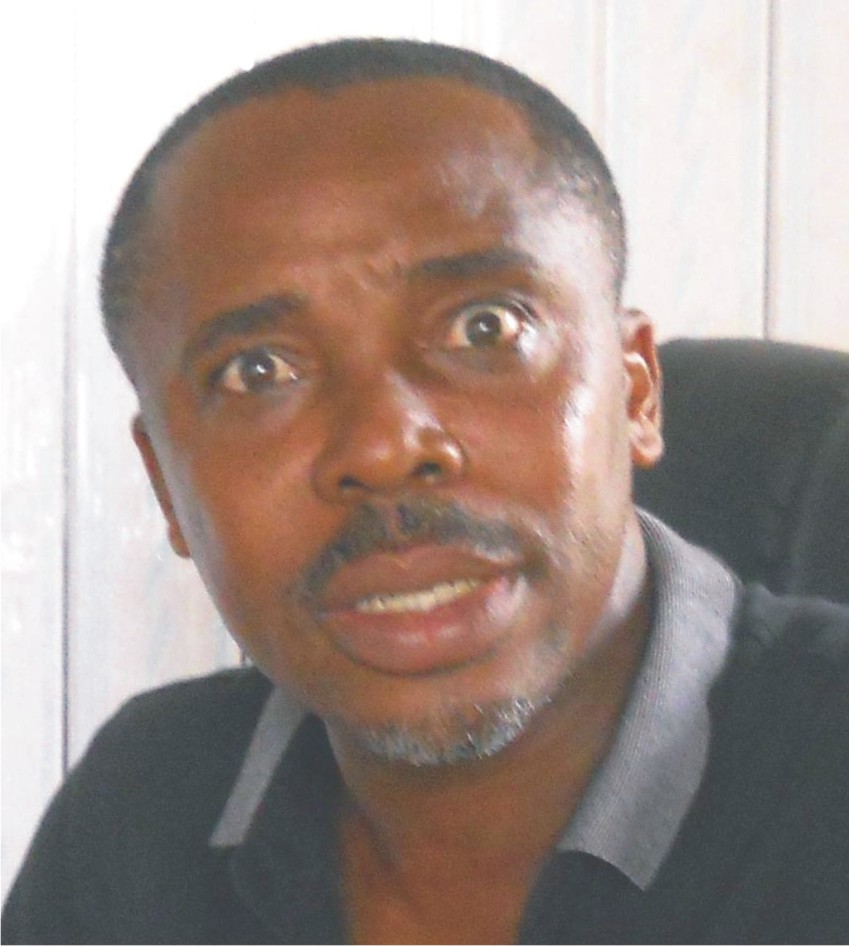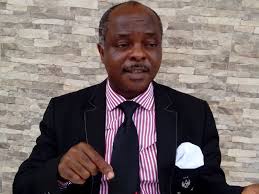The South-Eastern part of Nigeria is one of the geo-political zones that have contributed quality human resources to the Nigerian political space. The region is known for both economic and political influence to the larger Nigerian State. Despite having only five states as against the six and seven states of other zones, the South East has continued to maintain its relevance and collaboration with other regions, especially the South-South in asserting her influence in Nigerian politics.
However, this region has suffered series of marginalization both in the larger Nigerian political space and within the region itself. The region has been short-changed with only five States. The implication of this can be seen in fewer federal legislators from the region and more from regions with six and seven states. The one-state deficit in the South East also means fewer political opportunities for the people of the region and development. However, the main thrust of this paper is not the marginalization emanating from the Nigerian federation via the 1999 Constitution but the internal marginalization that exist within the states in the region. Put differently, this paper is an attempt to shed light on the opportunities enjoyed by some states in the South East (especially Anambra State) much to the disadvantage of other states in the region. These opportunities come in the form of political offices.In the Southern Eastern region, political opportunities have tilted towards some states. A statistical analysis of political offices available to the South East reveals that some states have produced or almost produced all federal political office available.
For the sake of emphasis, while the marginalization meted out to the South East by the Nigerian state is obvious and well known by Nigerians and especially Ndi-Igbo at home and in Diaspora, there exist a systematic marginalization within the region manifesting in the form of Anambra and Abia wielding their economic/wealth advantage to grab more Federal position much to the chagrin of the other three states. The worst hit by this comparative disadvantage is Imo State: The Eastern Heartland.
To buttress the above assertion, a statical trip was undertaken to establish the veracity of the claim that indeed other South Eastern States are being marginalized by Anambra State and to appreciable extent, Abia State.
Anambra: Created in the year 1976 and unofficially known as the economic power house of the East, Anambra State is not just the home to the reknown Onitsha and Nnewi Markets. It is also not just the house of globally acclaimed industrialist and captains of industry; it is a haven of reknown political and diplomatic statesmen who have earned their place in the annals of Nigeria politics. The State boast of having produced the first and only indigenous Governor General of Nigeria the Late Owelle of Onitsha, Dr. Nnamdi Azikiwe. Anambra has also produced Nigerian President (1963 – 1966) in same Dr. Nnamdi Azikiwe. Further, the state has also produced the First Nigerian elected Vice President (1979 – 1983) in the person of the late renowned Architect, Chief Alex Ekwueme. Two President of the Nigerian Senate have also emerged from Anambra State: Chief Nwafor Orizu and Dr. Chuba Okadigbo. Also, a Speaker of the Federal House of Representative hailed from Anambra State, Chief Edwin Umezuoke. Apart from producing politicians who are first to occupy such offices, Anambra is also home to some of the finest and refined Economists, politicians and diplomats. Chief Emeka Anyaoku, a globally recognized son of Anambra State who has made his mark in the common wealth of Nation is an Example. Also Prof. Chukwuma Charles Soludo sat the helms of the affairs of Central Bank of Nigeria from 2004 – 2009, Dr. Kingsley Moghalu occupied the Deputy Governorship position in the Central Bank of Nigeria between 2009 – 2014. Mention must also be made of Dr. Oby Ezekwesili who has also made her mark at the World Bank as Vice President Incharge of Africa.
Abia State: Created in 1991 and known as the God’s Own State, Abia State ranks second in the South East for having produced leaders at the National stage. The late accomplished officer of the Nigerian army who went ahead to become the first military Head of State of Nigeria, Gen. Johnson Thomas Umunakwe Aguiyi Ironsi was a son of Abia State. He became Head of State after January 15th 1966 Military Coup, He ruled till July 31st 1966. The state has also produced the equivalent of a Vice President Commodore Ebitu Ukiwe: Senate President Adolphus Nwagbara and Speaker of the Federal House, Jaja Nwachukwu of Abia origin also.
A notable politician/consultant economist who was a super minister between 2011 and 2015, Dr. Ngozi Okonjo Iweala also hails from Abia State via marriage and has since been holding offices through Abia State slot. She is at the verge of leading the World Trade Organization (WTO) and taking Nigeria and Abia State further to the world.
Enugu: Popularly known as the Coal City, Enugu became a State in 1991 and was once the capital city of Eastern Nigeria. The State is known for having produced a Senate President in Chief Ken Nnamani and also a Deputy Senate President Senator Ike Ekweremadu (2007 – 2019). Ekweremmadu was especially influential in the Nigerian Legislative space for those 12 years as DSP and for the same period chaired the very important senate committee on the Amendment of the 1999 Constitution.
Ebonyi State: Created in 1996 by the Abacha Administration in an attempt to address the problem of marginalization of the South East, Ebonyi State has had a single individual dominate her politics at the national level from 1999 to 2015. The State can boast of having produced a Senate President and also Secretary to the Government of the Federation (SGF). Both positions were occupied by the same individual, Chief Anyim Pius Anyim, who is seen in Ebonyi and the founder and father of the state as well as the architect of modern Ebonyi.
Imo State: Created in 1976 and regarded as the Eastern Heartland, Imo State has managed to produce Chief Evan Enwerem who had a brief stinct as Senate President before he was removed. Imo State also boasts of having produced a Deputy Speaker of the House of Representatives in Chief Emeka Ihedioha.
From the figures above, it is clear that Anambra holds the lead. This could owe much to the economic clout they possess. Comfortably, Anambra State leads the South East in the order of having benefitted most from Federal positions.
Abia State has also proven itself as worthy for having produced distinguished personalities for federal offices.
It is my submission therefore that should the 2023 presidency be zoned to the South East by any of the Major Political Parties or both, Imo, Ebonyi and Enugu States, should be considered as Anambra and Abia have had their fair share, notable people that are eminently qualified includes Sen. Ike Ekweremadu, Sen. Rochas Okorocha, Sen. Anyim Pius Anyim, Sen. Ken Nnamani, Rt.Hon. Emeka Ihedioha, Sen. Dr. Sam Egwu, Engr. David Umahi etc.
This is the meaning of equity and the concept of equitable distribution of opportunities. Considerations and priorities should be given to the three states stated above in order to allay the fear of systematic marginalization and calculated subjugation of the other states by Anambra and Abia States. A close feel of the pulse of Ndi-Igbo reveals this fear and feeling of entranched domination of the region by Anambra. The enormous wealth of their business class and the shrewdness of their politicians has been partly adduced to be the reason for such.
However, there is an urgent need for the regions to look inward and begin to address the problem of marginalization from within before we can effectively tackle the problem of the marginalization of the entire South East by the rest of the Federation.
Written by: Stephen Chinedu – Political Observer, Asaba.






